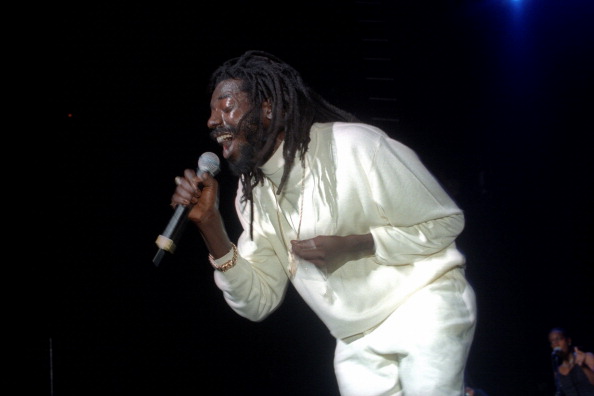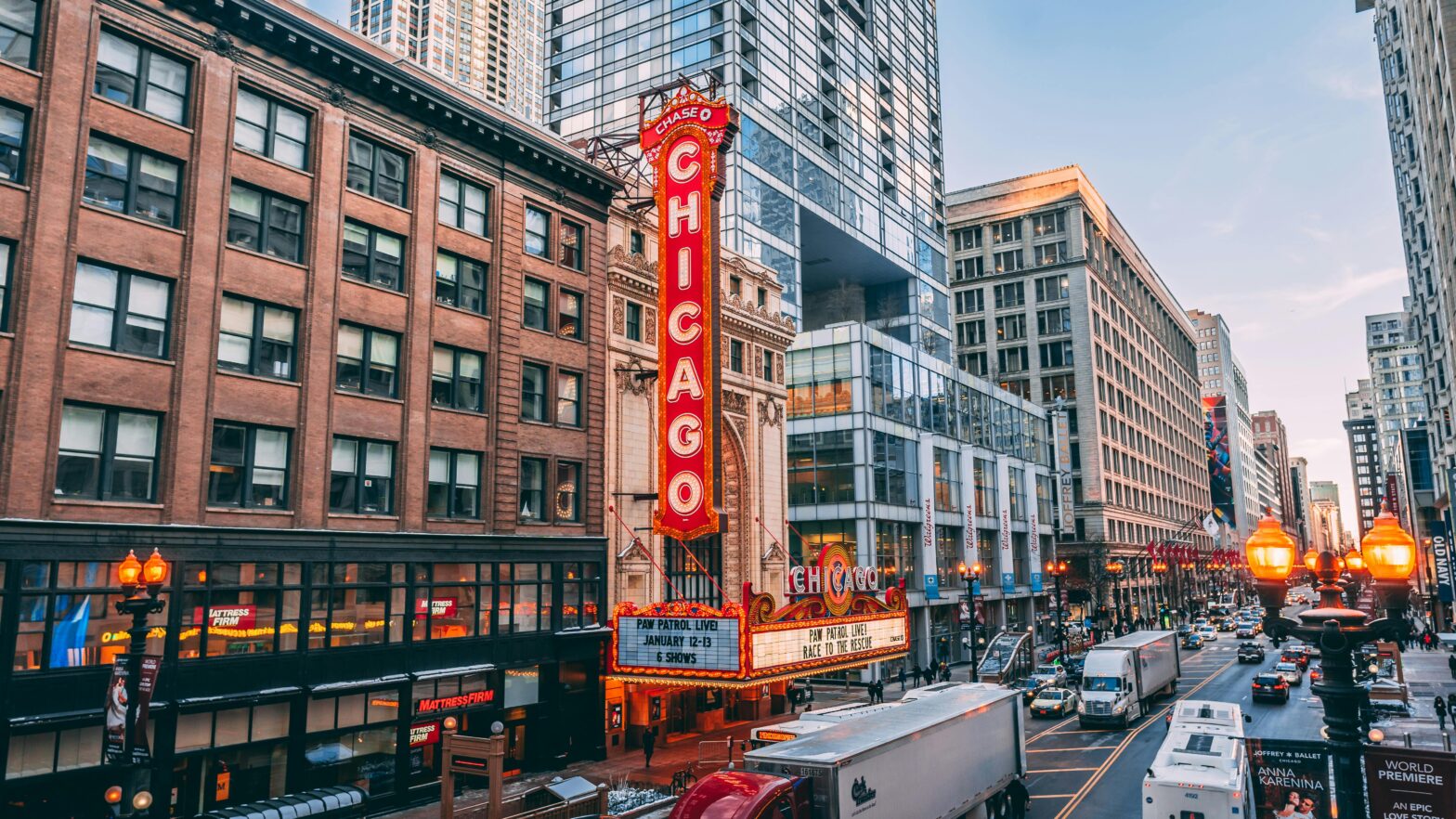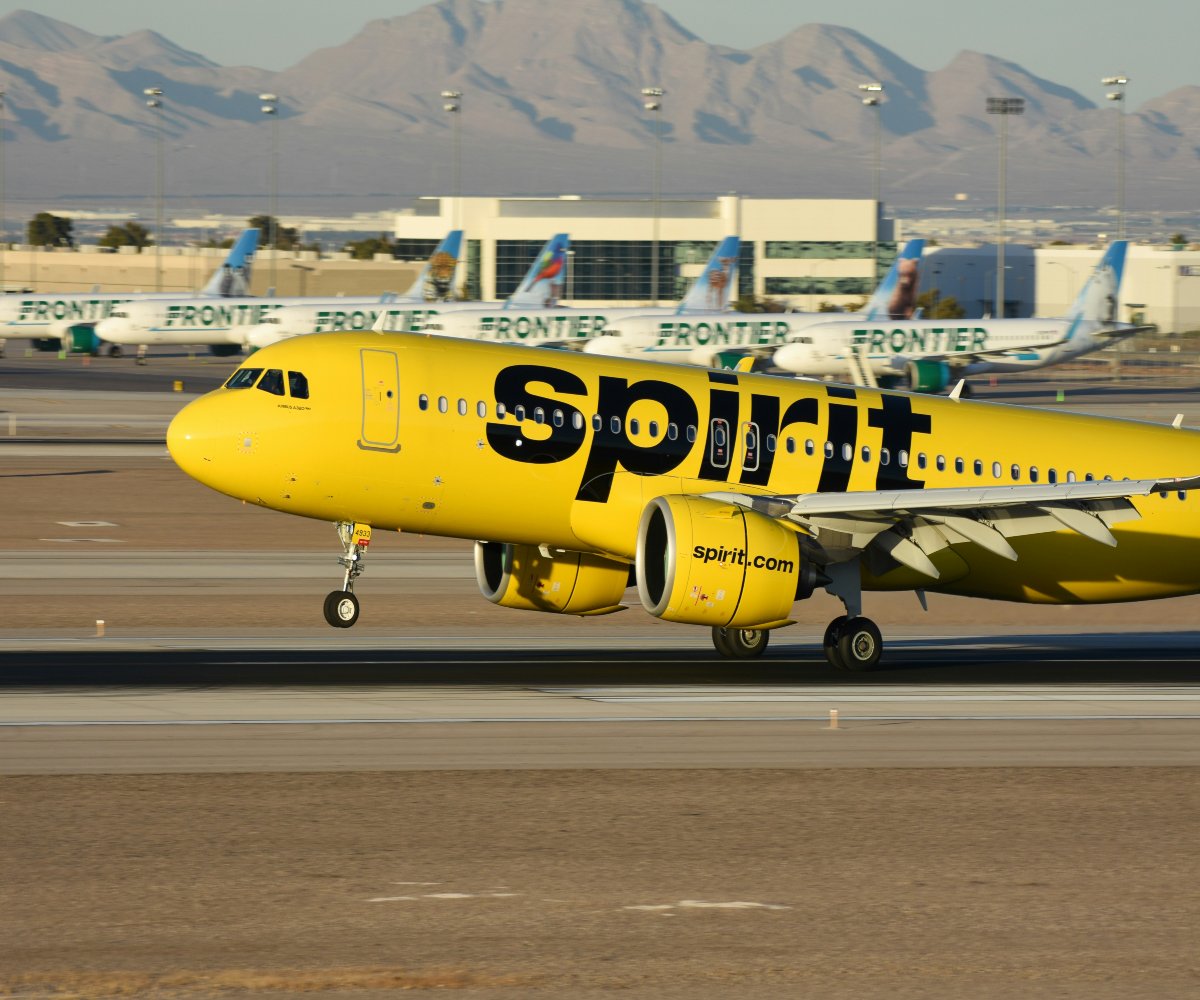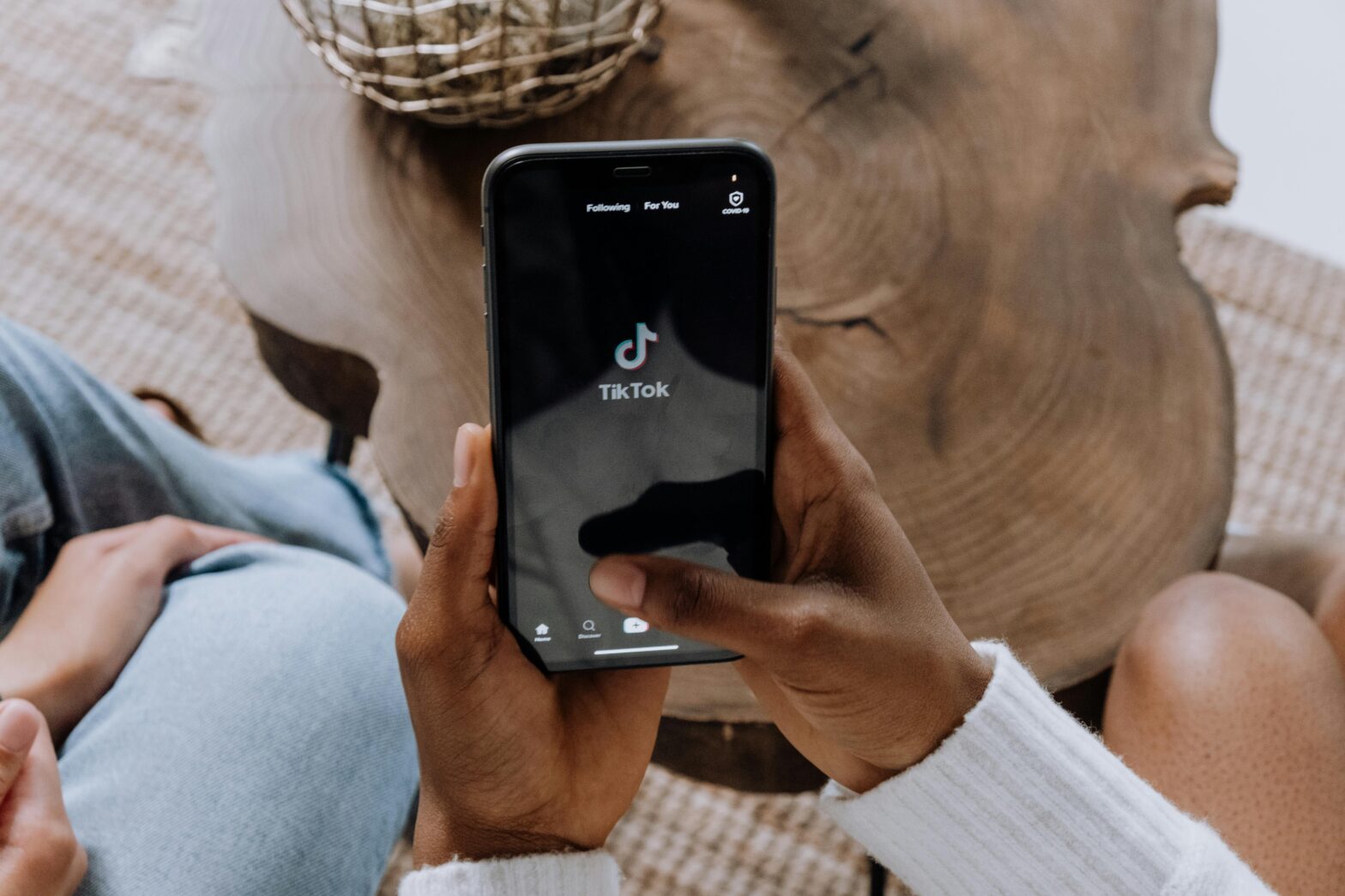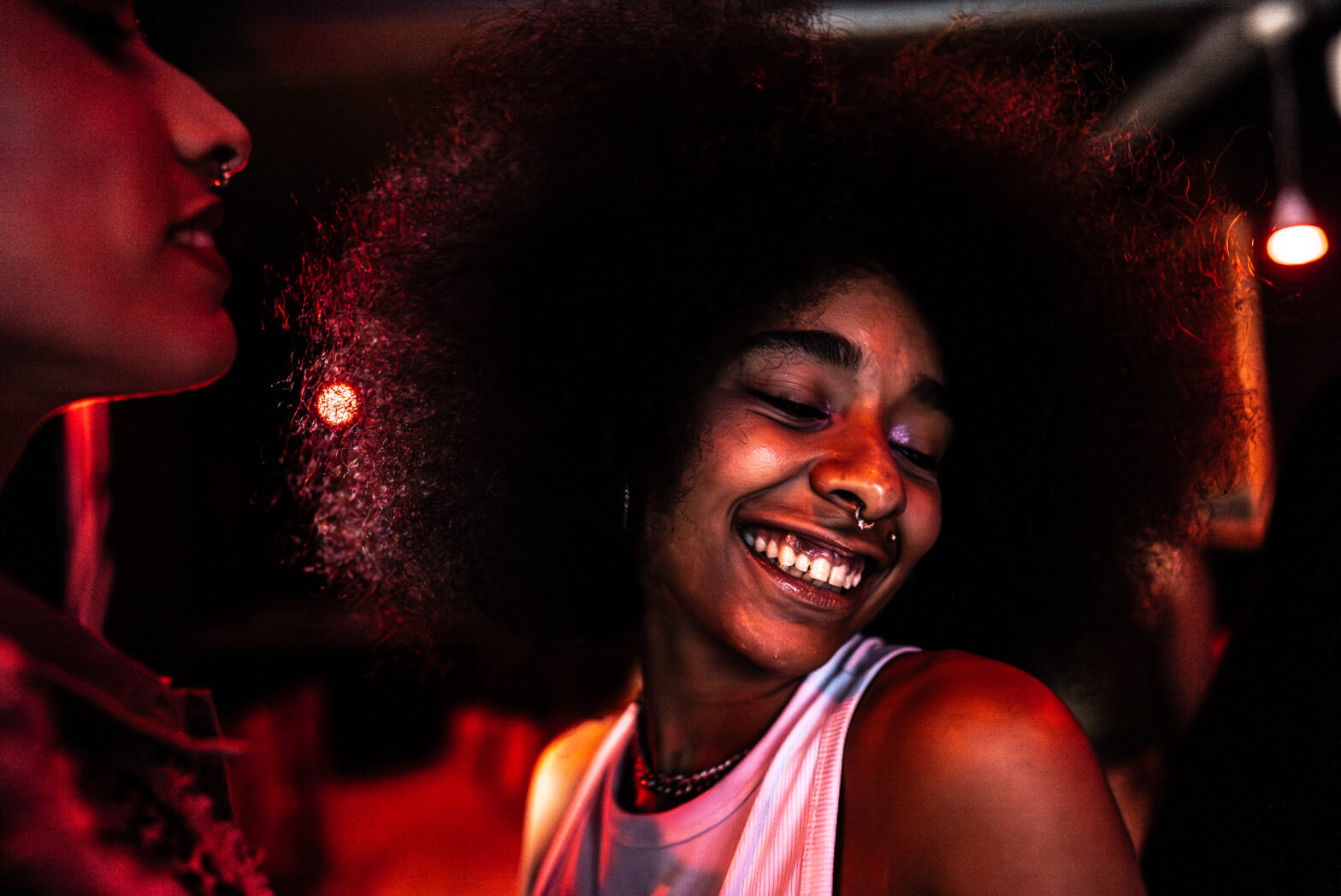Reggae/Dancehall star Buju Banton is finally free after serving seven years in prison for drug trafficking and gun charges. “Today is a glorious day. Buju is free. Let’s go! King shit. True greatness,” Diddy said in an Instagram post about the legend returning home.
He returned home to Jamaica to a much-anticipated arrival. Fans are traveling from all over the world to see him take the stage for the first time since his release during the Long Walk to Freedom Tour in Kingstonin front of thousands of fans. The Voice of Jamaica, connecting listeners through his lyrical prowess and “Untold Stories” of personal, social and cultural themes and acoustic ballads. Buju is still one of the most talked about artist in Jamaica today.
Mr. Mention initially proclaimed his spot in the dancehall scene in the 1990s. He’s been compared to late reggae icon Bob Marley. He also broke Marley’s record for most number one singles in Jamaica with his sophomore album. His creative sound earned him several accolades including Source Awards nominations, a Grammy for Best Reggae Album in 2011 and more. For the past 30 years, his music has stood out, resonating with generations of reggae and music lovers. His popularity led him to collaborate with U.S. artists such as Busta Rhymes, Fat Joe, UK producer Blacker Dread and more.
Despite much success, controversy ensued around Banton in the U.S after controversial lyrics in his songs such as in “Boom Bye Bye.” It was recorded when he was 15 years old and never intended to be released. Many viewed the song was homophobic, even though Banton expressed that the song’s sentiments were about the violence in Jamaica and surrounding Caribbean countries. Murder music is what they call it, triggering anti-gay violence. Jamaica has been described as one of the most dangerous countries in the world, keeping some laws prior to achieving their independence from Britain. One of which is the “buggery law,” which criminalizes homosexual intercourse, punishable by up to 10 years. The backlash from his song causing protests of his music, show cancellations, and blocked venue hostings.
In 2009, Banton was arrested for drug trafficking and gun possession charges in Miami. The investigation initiated after a conversation between Banton and Alex Johnson, a guest on the flight as well as a government informant. After two trials, he was sentenced to ten years in federal prison for drug trafficking, a gun charge and intent to distribute. Their key piece of evidence was sealed video footage of him, a government informant and a buyer discussing the drugs and pricing in a Sarasota police warehouse. There were also audiotapes about the transaction between Banton and the informant.
Banton has maintained his innocence throughout each trial, declaring all he did was “run his mouth,” referring to his initial conversation with Johnson on a flight about drugs. While Banton began his sentence, his legal team worked on his appeal, only finding a juror who was found guilty of misconduct and sentenced to a few months of probation and community service hours.
Banton had no connections to the buyer, Johnson or anyone else involved prior to. For many, he seemed to be the unexpected target of their entire investigation and some of the surrounding facts were not adding up. Informant Alex Johnson was paid over $50,000 for his work on this case by the DEA and local police. Many believe the jurors were swayed to voted against him, after finding out, U.S. District Court Judge James Moody told jurors just before deliberation, “if Banton “played only a minor part in the plan” but “willfully joined in the plan on at least one occasion, that’s sufficient for you to find the defendant guilty,” according to ABCNews.
Since his return home in December, Buju Banton has been working to change the focus of his controversial past, focusing on his music and the Buju Banton Foundation, providing food, clothing, healthcare, education and other assistance to the youth in Jamaica. He is also currently working on new music. We’re not exactly sure what it sounds like but its what we’ve all been waiting for. The Long Walk to Remember tour also stops in Trinidad and Tobago, The Bahamas, Barbados, Suriname, Grenada, British Virgin Islands, and St Kitts.
As Bob Marley before him, Banton welcomed a new level of lyrical consciousness through Jamaica music for artists to follow, such as Sizzla, Garnet Silk, and Luciano, that is still very much present in reggae/dancehall music today. Time will tell what his return means for Jamaica’s culture.
